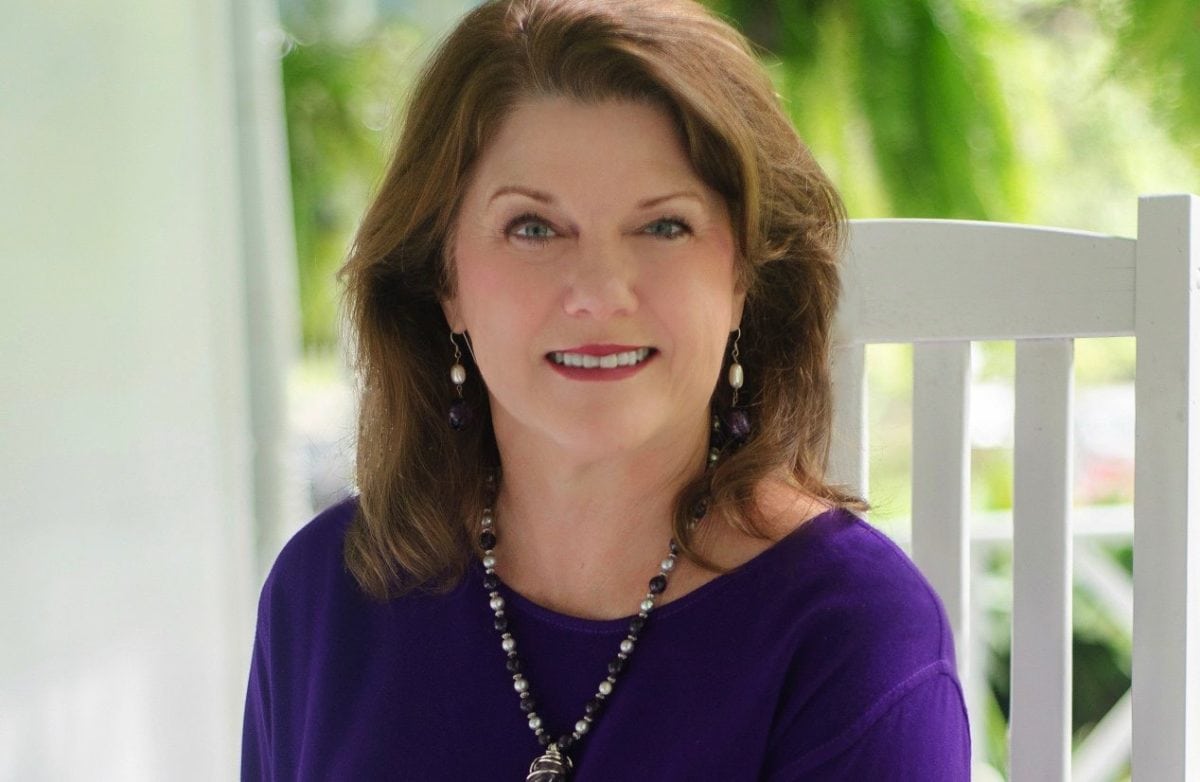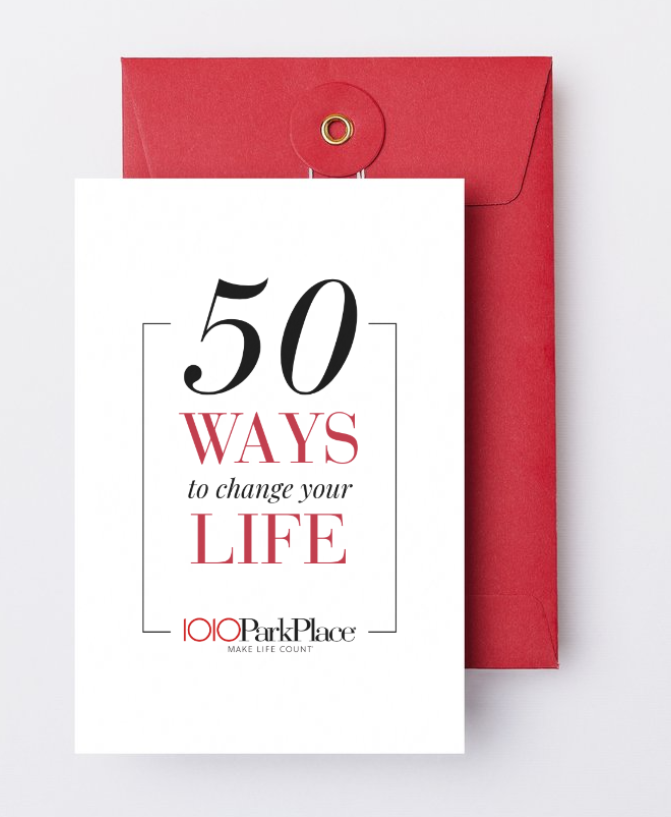How many times a day do you say “I’m sorry?”
I was with a friend recently, and we began discussing how often we take responsibility for things that are really out of our control. “I’m sorry your party was rained out.” “I’m sorry you missed the luncheon today.” “I’m sorry, but I don’t agree.” “I’m sorry you are sick today.” “Sorry about that!” The list goes on and on.
Too often we think we have to make up for things that aren’t just right. In our self-appointed role as manager of the universe, we want to make everyone feel better when things aren’t going well. But why do we think we have to apologize when bad things happen that are totally out of our control? Why do we feel the need to ask for forgiveness just for expressing an opinion?
For me, the lessons of overusing “I’m sorry” are powerful reminders we don’t have to be anything more than who we are. We can release our self-appointed responsibility for every little thing that happens to focus on what really matters.
Saying “I’m sorry” internalizes the feeling of guilt and plants a feeling of inadequacy in your mind. Having a whole list of things you feel “sorry” about can subconsciously drain your self-esteem and confidence. Before your know it, you feel frustrated you can’t solve everyone else’s problems. It is so important to realize the vast majority of what happens every day is out of your control, and you don’t have to express regret when things go wrong.
Saying “no” doesn’t have to include “I’m sorry.” As with most women, I used to say “yes” to things out of obligation and put the needs of others before my own. I believed I was the only one who could do a job just right, but when I released that responsibility, and claimed the power and freedom in saying “no,” I realized I could do it without guilt. There’s no need to apologize for living according to your own personal goals and values
Saying “I’m sorry” feeds perfectionism. Apologizing for minor things that go wrong tears you down, instead of empowering you. We are harder on ourselves than we need to be, often expecting unrealistic results. When you have done your best, there is no need to apologize! Instead, pat yourself on the back.
Saying “I’m sorry” too often diminishes its meaning. When a true apology is needed, a sincere and heartfelt “I’m sorry” can be powerful, healing words. Say them with conviction, with a deep sense of regret that has caused someone else to stumble. Say “I apologize” when you have truly made a misstep; when you need to take responsibility for a wrong-doing. Don’t say “I’m sorry” flippantly, but reserve it for the times it really matters.
My friend and I have vowed to live in the “No Sorry Zone,” acknowledging we are doing the best we can every day. There is no need to feel sorry for things out of our control; for not agreeing to do things that don’t support our own goals and for the actions of others. Sometimes I will catch my friend struggling with a decision she needs to make, as she’s feeling guilty about wanting to say no. All I have to say is “No Sorry Zone!” and she snaps to.
I invite you to join us in the freedom of the “No Sorry Zone.” When you feel the urge, reframe your statement and say something like “I know you must be disappointed,” or “That must have been difficult for you,” or just state the facts. “I didn’t get our email,” instead of “I’m sorry, I didn’t get your email.” Then see how much better YOU feel at the end of the day.








7 thoughts on “A Better Life In the No Sorry Zone”
I am going the zone. When I say no I notice I do say sorry but I really just want to say no. If asked for an explanation I will give one maybe but I need to take sorry out of it!
Oprah always reminds us “No” is a complete sentence. We don’t owe anyone an explanation, just “No.” xox, Brenda
I tell my clients the same thing! Just say NO! Or “no, that doesn’t work for me right now.” We shouldn’t feel sorry about protecting ourselves with healthy boundaries!
I love this. As a Canadian, we apologize for everything. If we can’t hear you, it’s “Sorry?” If you bump into us, it’s “Sorry!” It cheapens true apologies since we say sorry 50 times a day. I’m going to try to go into the No Sorry zone and practice being authentic without apologizing. Thank you!!
Welcome to the zone, Jen! It takes some practice, but it’s well worth the effort to re-frame your thoughts to respond with more appropriate words. Very few times do we really need to express being sorry about something!
Susan, This occurred to me, all on my own, about a year ago. I’m very aware of when I’m tempted to say, “I’m sorry,” but I have nothing to be sorry about. I love this post because it’s something we all do, and we’re not aware of all the ways it’s harming us. We should really say, “I’m sorry” to ourselves! xoxox, Brenda
Yes,Brenda, the awareness of saying “sorry” is very eye-opening! I constantly catch myself, and have learned to say “I apologize” instead of I’m sorry when appropriate. We are certainly amazing women, not sorry women!
Comments are closed.